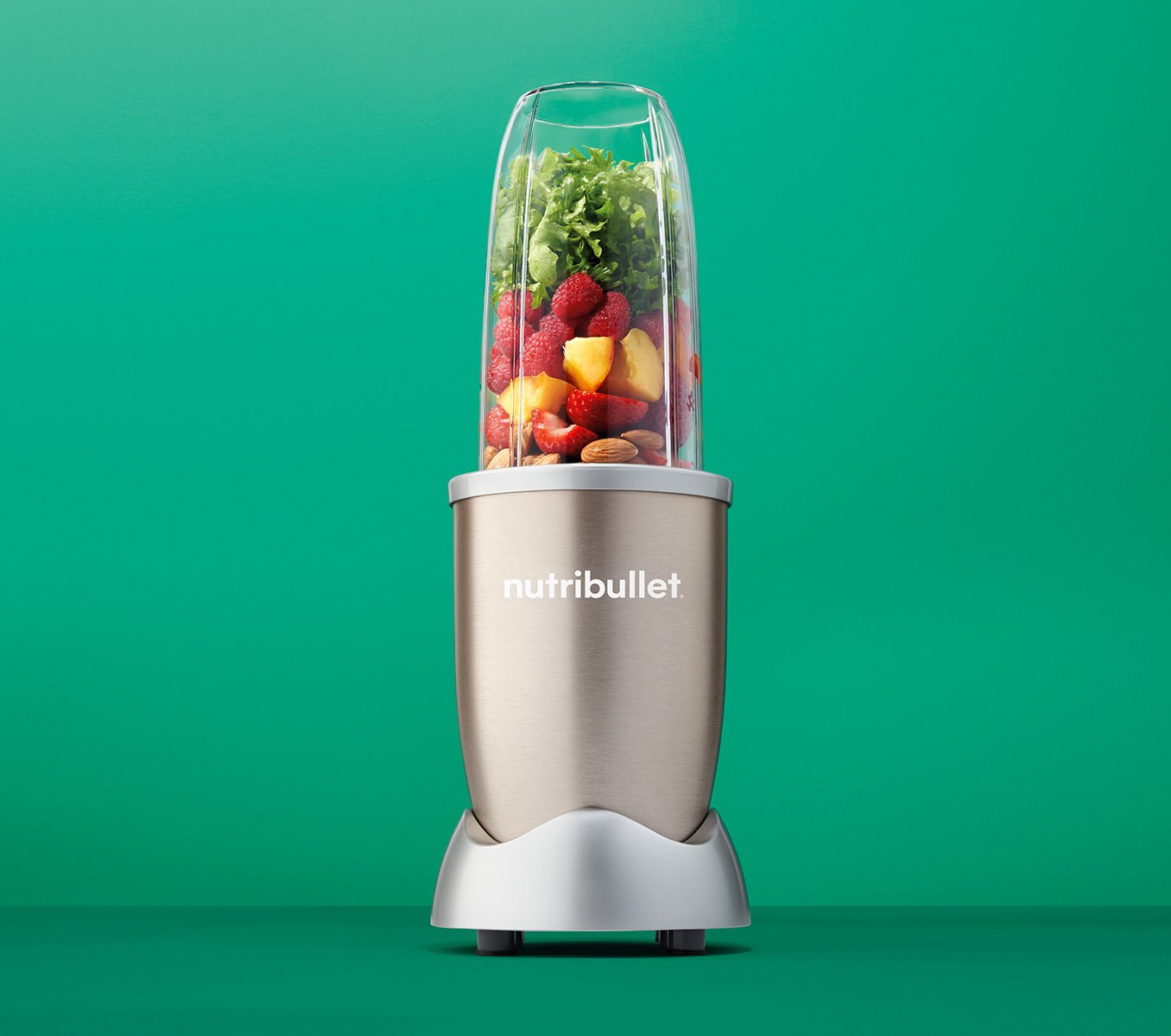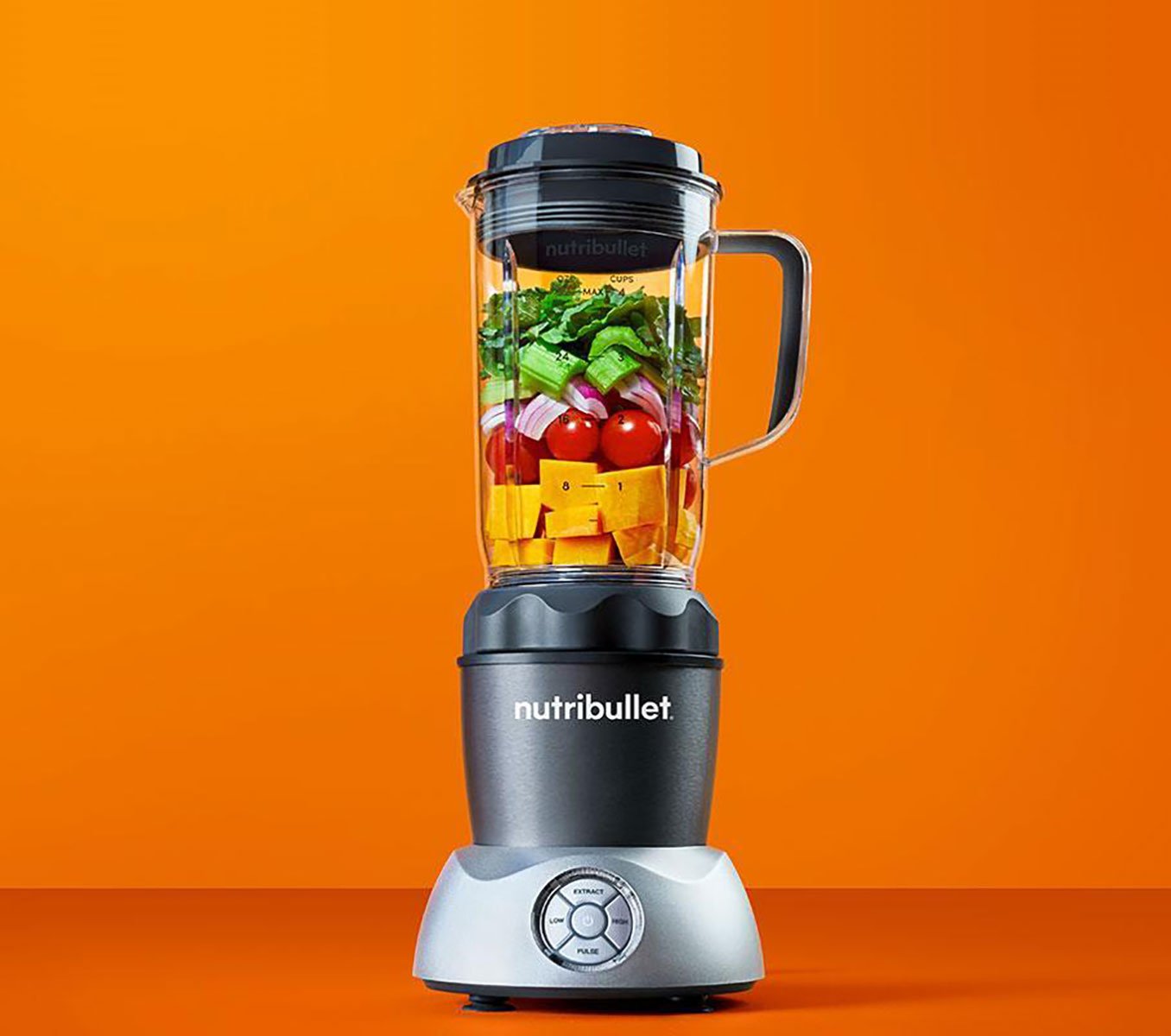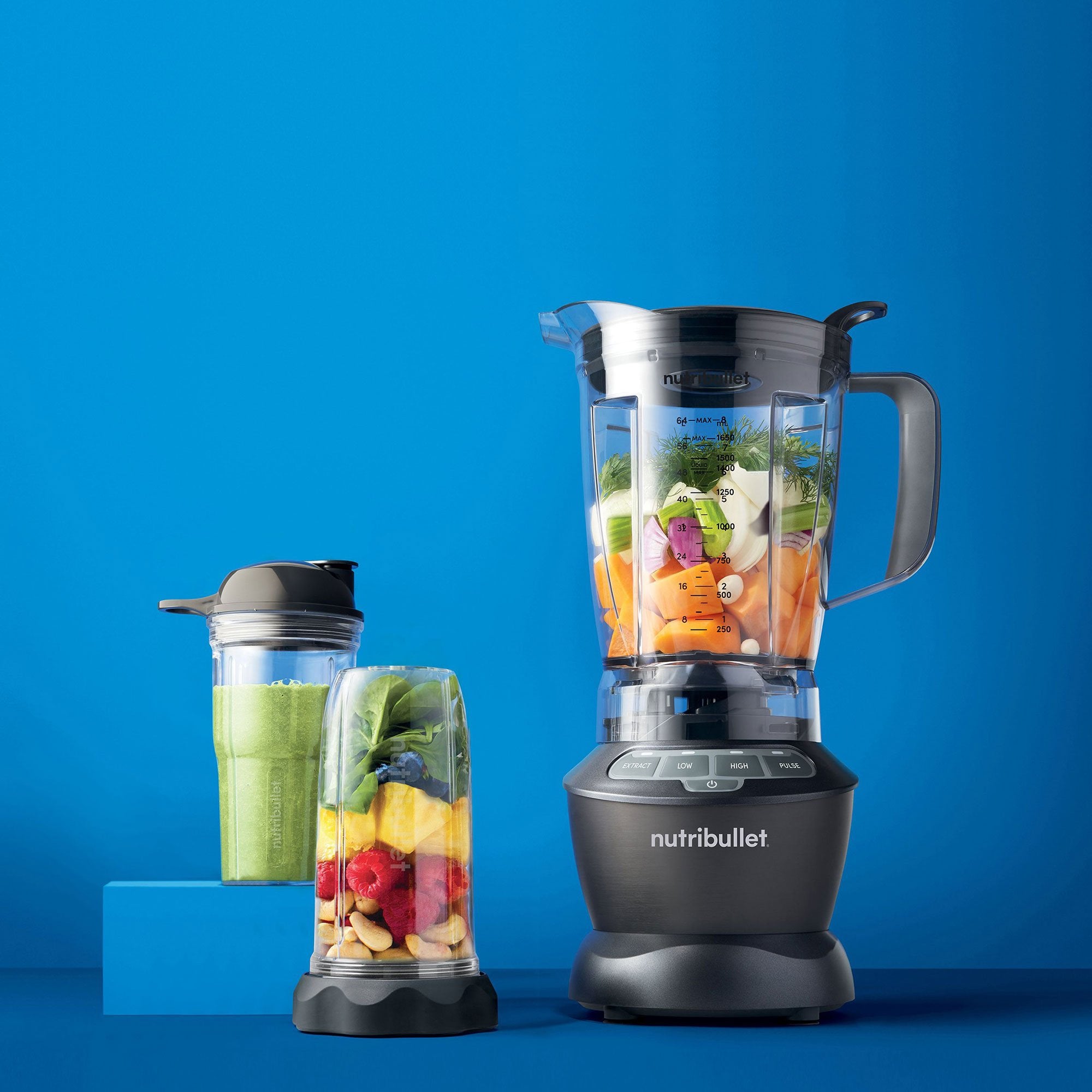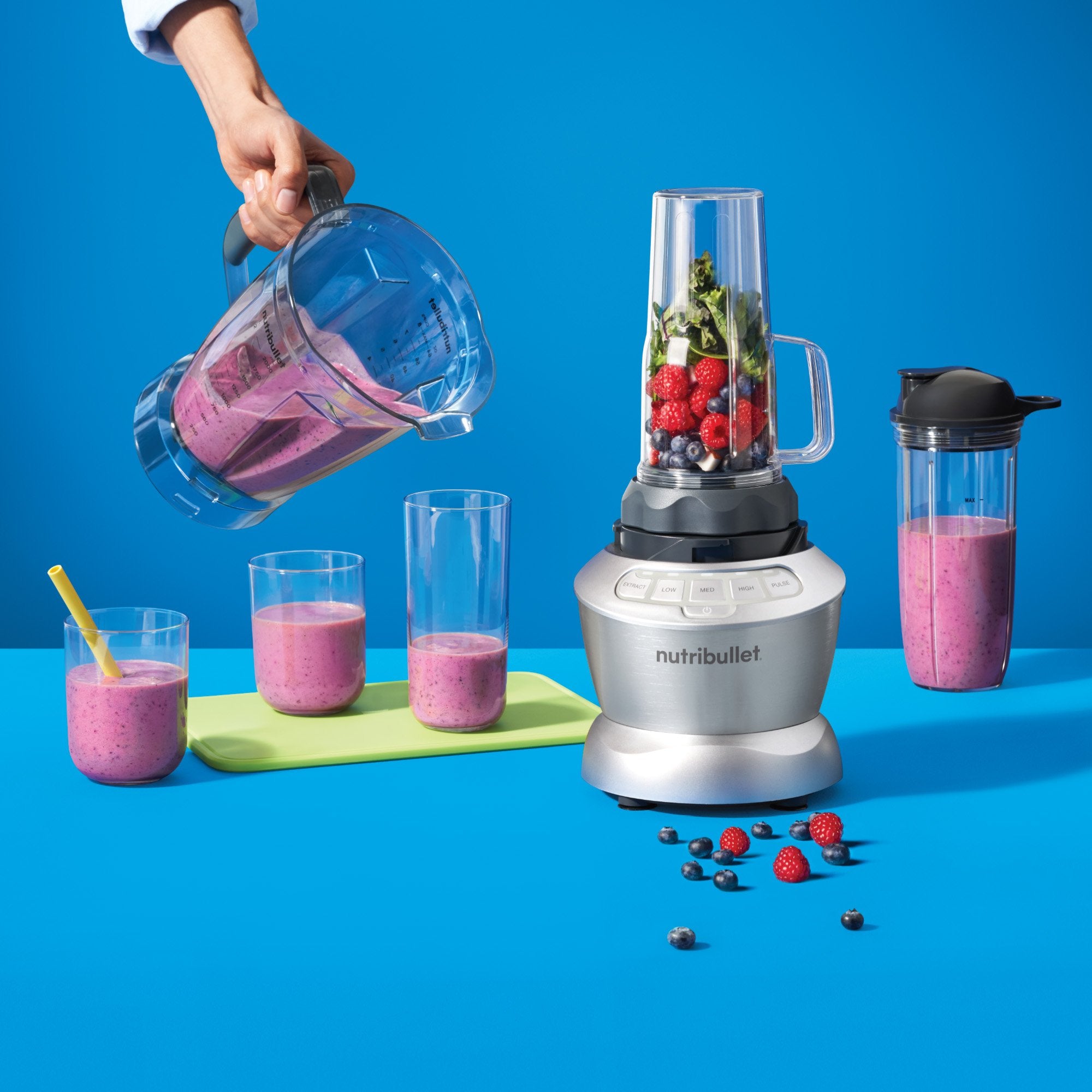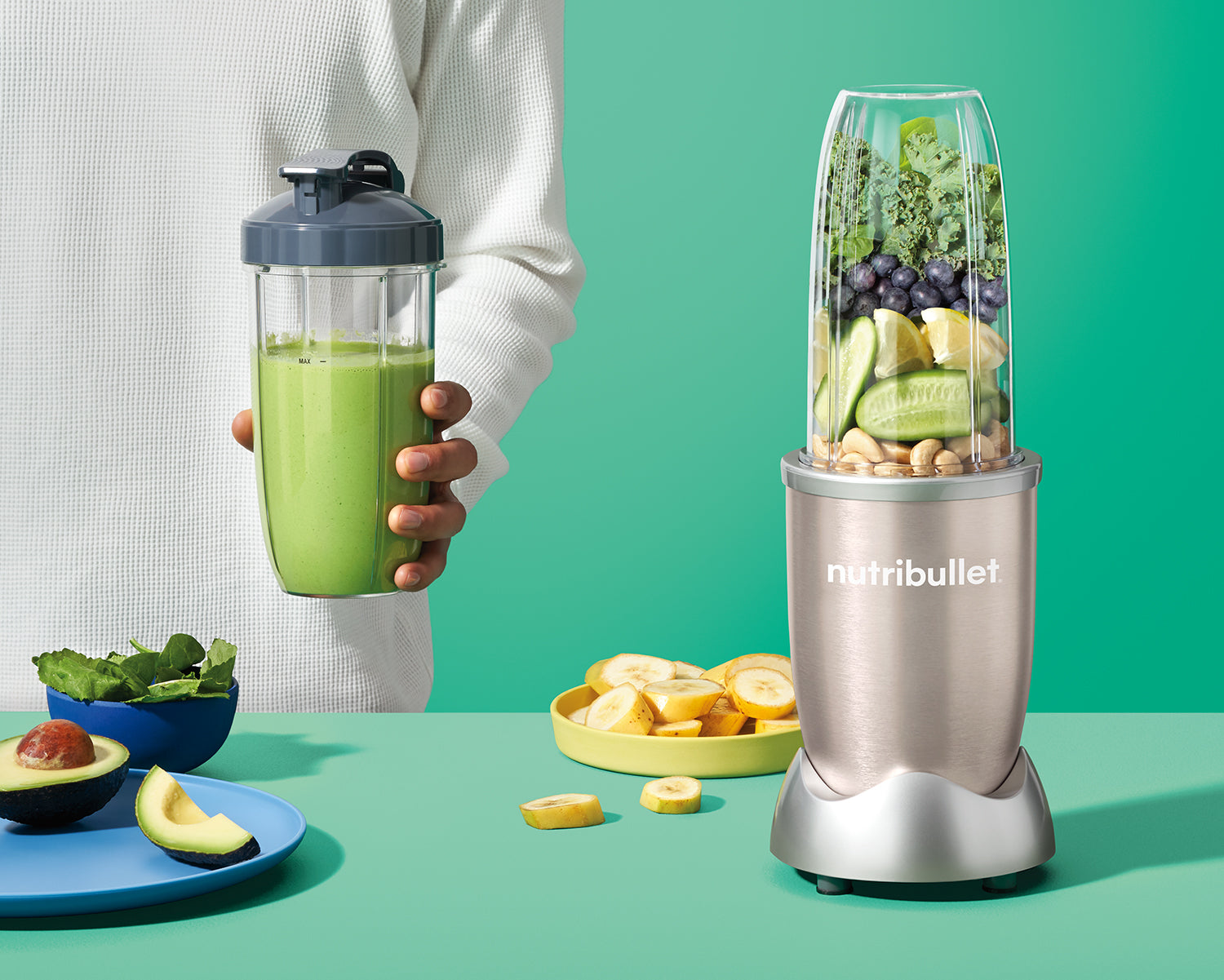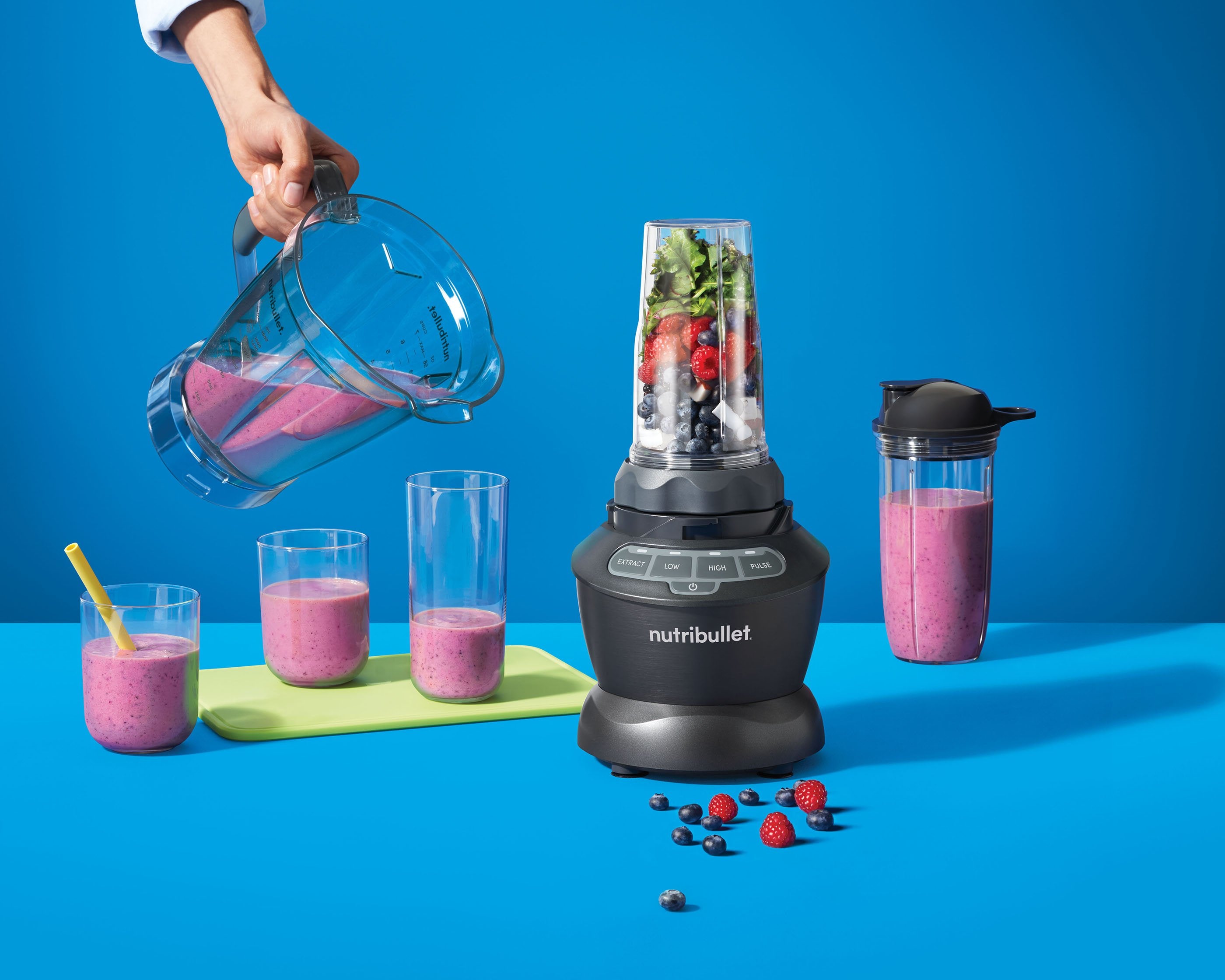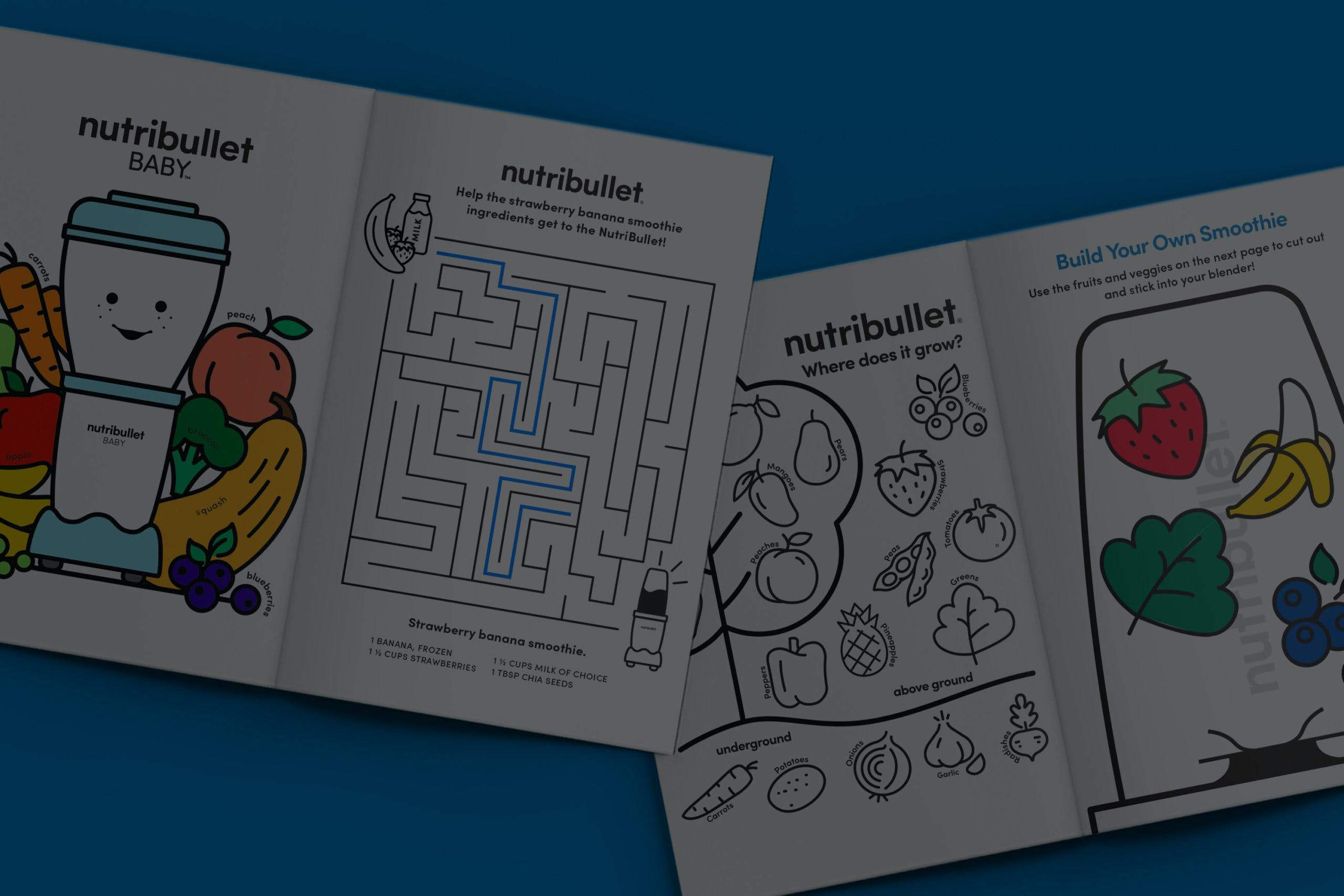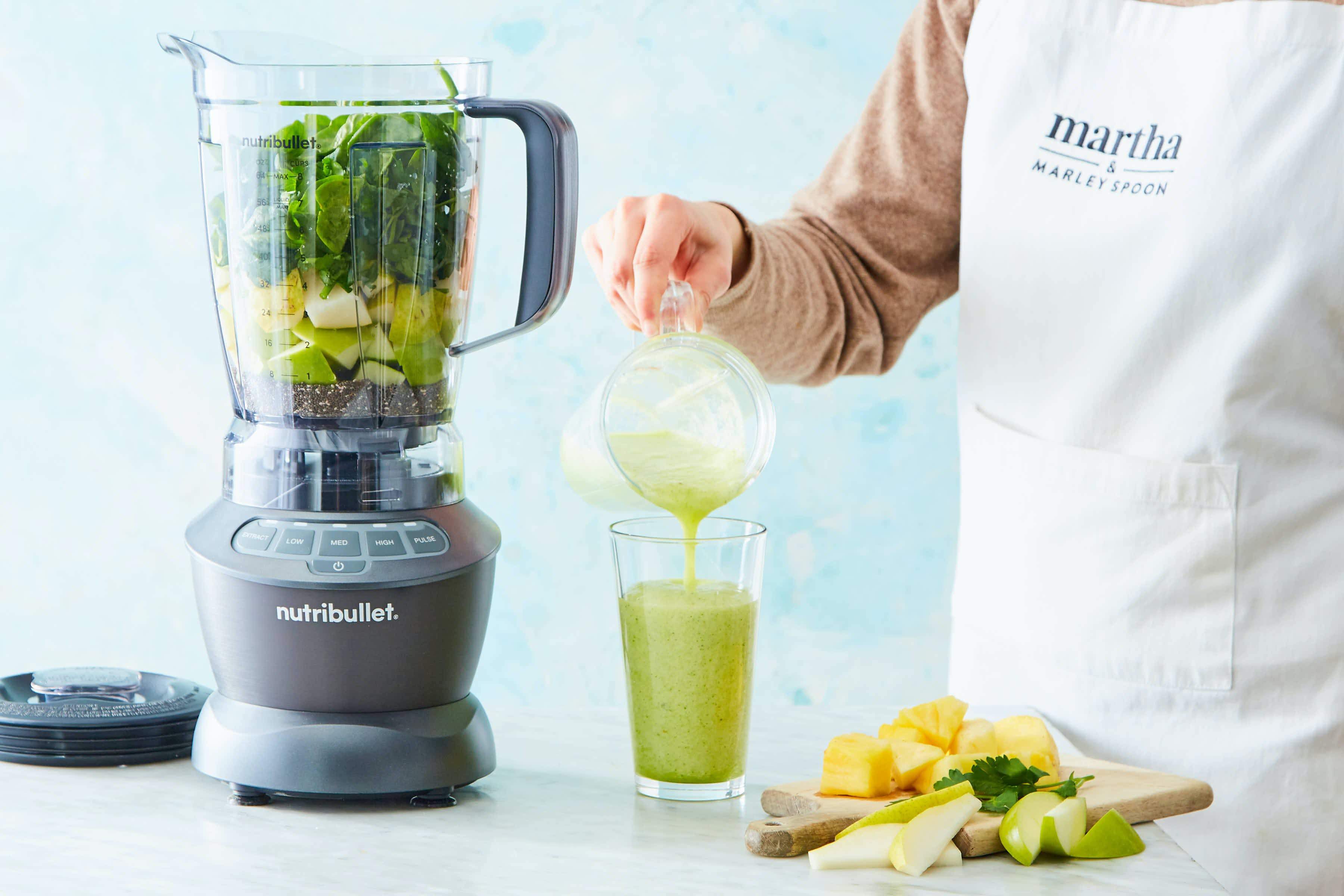Cardiovascular disease, the leading cause of death in America, is often associated with high cholesterol levels. For that reason, it’s no surprise that one of the most prescribed medications is cholesterol-lowering statin drugs. However, pharmaceutical treatment of cholesterol via statins may not be as effective as people think it is. In fact, they may not be effective at all.
A recent study in the British Medical Journal, which included 70,000 participants, found that there was no direct link between “bad” LDL cholesterol levels and death from cardiovascular disease. They stated that individuals over the age of 60 with elevated LDL actually lived longer and had less incidence of heart complications than individuals of the same age with lower LDL cholesterol levels. This new information raises the question: have pharmaceutical companies been misleading us all along?
Cholesterol comes from two sources: the food we eat and our livers. The liver naturally produces the cholesterol that our bodies actually need. That cholesterol plays vital roles in hormone production and cell membrane composition. We cannot live without cholesterol, which is why we shouldn’t eliminate it entirely.
Pharmaceutical companies make massive profits off cholesterol-lowering statin drugs. They have ties with doctors who also make money from these companies based on the amount of prescriptions they write. Statin is prescribed to people who have high cholesterol to help them lower their risk of heart disease, but it’s not the only way to reduce cholesterol buildup. As more and more people begin to take their health seriously, we’re seeing an increasing number of people opting out of their doctors’ recommendations to take daily statin medications. Instead of a “quick fix”, which may or may not be effective, people are choosing to follow general healthy guidelines, such as getting regular exercise and eating healthy.
By making these small, healthy changes to your diet and habits, you can naturally regulate your cholesterol and protect your heart far better than statin drugs ever will.
- Eat more fiber every day! Eating a diet that’s packed with fruits, vegetables, and whole grains will ensure that you take in an adequate amount of fiber, which absorbs excess cholesterol and carries it out of your body.
- Add omega-3 fatty acids and other healthy fats to your diet. These fats lower bad cholesterol and increase good cholesterol. Consuming fatty fish three times a week or fish oil every day can help you increase your intake of omega-3s. Nuts, such as walnuts, almonds and peanuts, are also great sources of healthy fats and have been linked to lowering LDL cholesterol.
- Reduce sugar as much as possible. Excess sugar increases triglyceride levels and puts unnecessary stress on your liver, which produces the cholesterol that your body actually needs.
- Exercise regularly. Exercise increases blood flow, which enhances blood circulation and helps clear cholesterol. It also improves immunity, keeping you active and healthy.
Statin drugs may be marketed as a “quick fix” for high cholesterol and a preventative measure against heart disease, but that’s all they claim to do. By adopting and building a healthy lifestyle that works best for your needs, you can naturally lower your cholesterol and your risk of cardiovascular disease. The long-term benefits of eating healthy and exercising regularly go beyond that – from helping you stay in tip-top shape to preventing other diseases. Best of all, instead of relying on possibly ineffective pills, you’ll have control over your health and what exactly goes into your body.
Nutritional information
Recipe: Creamy Green Strawberry Dream Serving in this recipe:1
- Calories: 236.6
- Total Fat: 3.6 g 5.5%
- Saturated Fat: 0.4 g 1.9%
- Cholesterol: 0 mg 0%
- Sodium: 358.7 mg 14.9%
- Total Carbs: 45.7 g 15.2%
- Dietary Fiber: 9.9 g 39.4%
- Sugar: 22.1 g
- Protein: 8.1 g 16.2%
- Vitamin A: 481.9% Vitamin C: 244.1%
- Calcium: 68.5% Iron: 26.1%
* Percent Daily Values are based on a 2,000 calorie diet. Your daily values may be higher or lower depending on your calorie needs.

